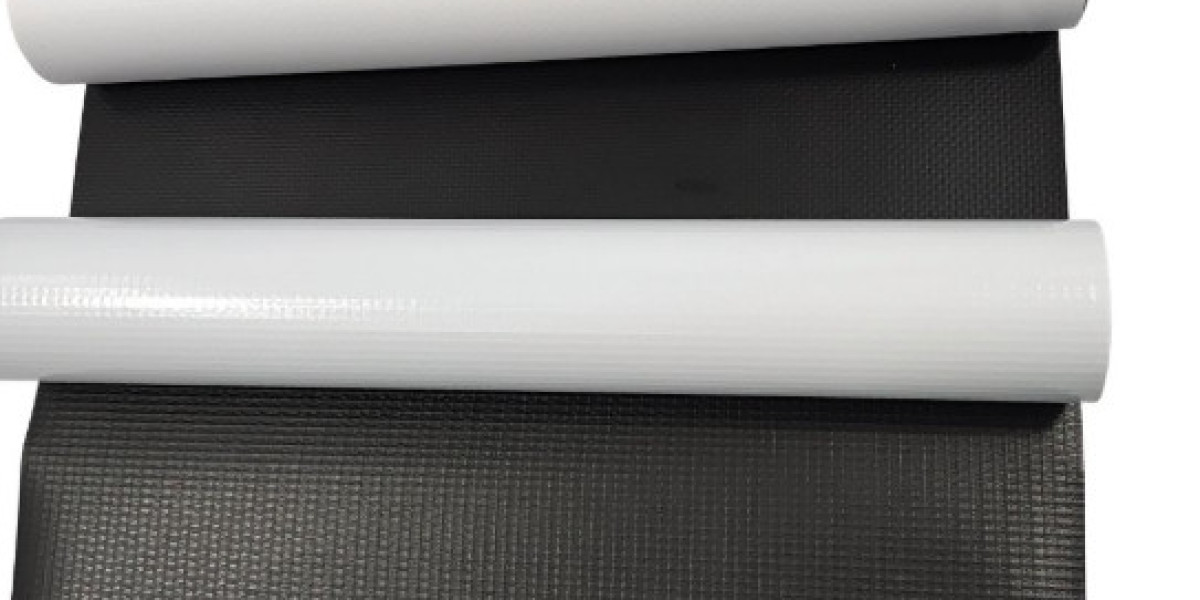? Introduction to Essays: More Than Words on a Page
An essay isn’t just a block of text—it’s a structured dance of ideas, evidence, and voice. It’s how we clarify our thoughts, persuade others, and explore the world in write paper https://afaeducation.org/blog/writepaper-review-a-closer-look-at-the-platforms-strengths-and-weaknesses/ . Whether reflective, analytical, or argumentative, essays give us the tools to express something deeper than a simple opinion.
Essays appear everywhere—from academic assignments and opinion pieces to applications and online blogs. Though styles vary, the underlying foundation remains consistent: structure, clarity, and purpose.
At their core, essays aim to:
- Present a thesis or central idea
- Develop supporting arguments or reflections
- Lead the reader toward a thoughtful conclusion
? Types of Essays and Their Unique Purposes
Understanding the different types of essays helps tailor your writing for the right context. Each kind calls for a specific tone, structure, and strategy.
✒️ Narrative Essays
These essays tell a story, often about a personal experience. They prioritize storytelling elements—character, setting, and plot—and invite emotional connection.
Example topic: “The Day I Realized Failure Was a Gift”
? Descriptive Essays
Focused on evoking imagery, descriptive essays use sensory language to paint vivid mental pictures. Instead of telling, they show.
Example topic: “The Smell of Rain on Old Stone Streets”
? Expository Essays
Objective and fact-based, these essays aim to explain a topic clearly and logically. They’re perfect for breaking down processes or analyzing data.
Example topic: “How Photosynthesis Powers Our Ecosystem”
?️ Persuasive Essays
Here, the goal is to sway the reader. Persuasive writing blends logical argumentation with emotional appeal and credible evidence.
Example topic: “Why Arts Education Should Be Mandatory in Schools”
? Analytical Essays
These essays explore deeper meaning. They examine texts, films, or events, breaking down structure, themes, and implications.
Example topic: “Power and Propaganda in Orwell’s 'Animal Farm’”
Choosing the right type ensures your essay accomplishes its purpose and resonates with your audience.
?️ Anatomy of a Well-Structured Essay
A strong essay flows smoothly through its three core parts. Each has a distinct role and contributes to the coherence of your argument.
? The Introduction
This is your opening handshake. It must capture attention and state your thesis clearly. Techniques include:
- Asking provocative questions
- Using a relevant quotation
- Offering an unexpected fact
Sample thesis statement:
“While social media connects people globally, its addictive design fosters emotional disconnection in everyday life.”
? The Body Paragraphs
These form the engine of your essay. Each paragraph should:
- Begin with a topic sentence
- Offer evidence and analysis
- Connect smoothly to the next idea
Use transitions like:
- Moreover
- In contrast
- For example
Each paragraph builds upon the last, taking readers step-by-step toward understanding or agreement.
? The Conclusion
Your conclusion is where the essay lands. Revisit your thesis, summarize your key points, and leave the reader with a lasting impression—whether a thought-provoking question or a call to action.
Strong final sentence:
“To reclaim connection in a digitized world, we must first learn to pause, reflect, and listen—just as essays ask us to do.”
✍️ Crafting a Powerful Thesis Statement
Your thesis is the beacon that guides your essay. It’s not just a topic—it’s a specific, arguable claim.
What Makes a Great Thesis?
- Clarity: Say exactly what you mean
- Specificity: Avoid vague generalities
- Argumentative edge: It must be debatable
Weak thesis: “Technology is changing things.”
Strong thesis: “Despite its benefits, smartphone dependency erodes face-to-face communication and weakens emotional intelligence.”
Before writing, refine your thesis—it will steer your research, tone, and structure.
? Common Pitfalls and How to Avoid Them
Even seasoned writers fall into traps. Here’s how to dodge them:
⚠️ Mistake | ? Fix |
|---|---|
Vague or broad thesis | Focus your claim with precision |
No clear structure | Outline before writing |
Weak transitions | Use bridging phrases for flow |
Unsupported claims | Back up every idea with evidence |
Overly wordy or unclear language | Prioritize clarity and simplicity |
Neglecting revision | Always proofread—out loud if possible |
Pro tip: Don’t be afraid to delete weak sections. Revision is where good writing becomes great writing.
Essays offer more than academic merit—they’re your gateway to critical thinking and meaningful expression. Whether sharing a personal story or dissecting societal issues, essays help make sense of the world—and your place in it.
If you’d like, I can help brainstorm essay topics or refine your draft. Ready to make your writing sing? Let’s do it together. ?








